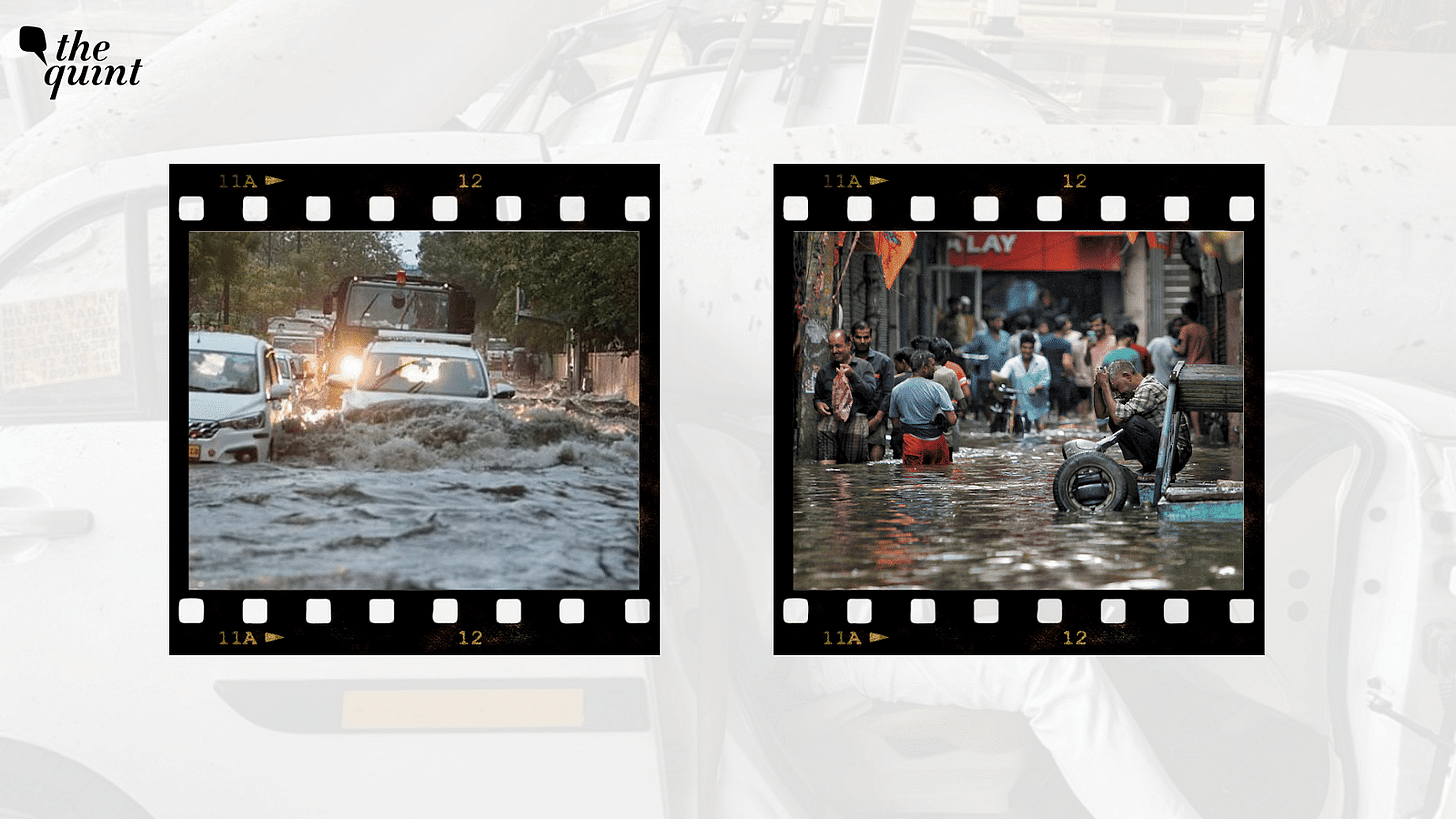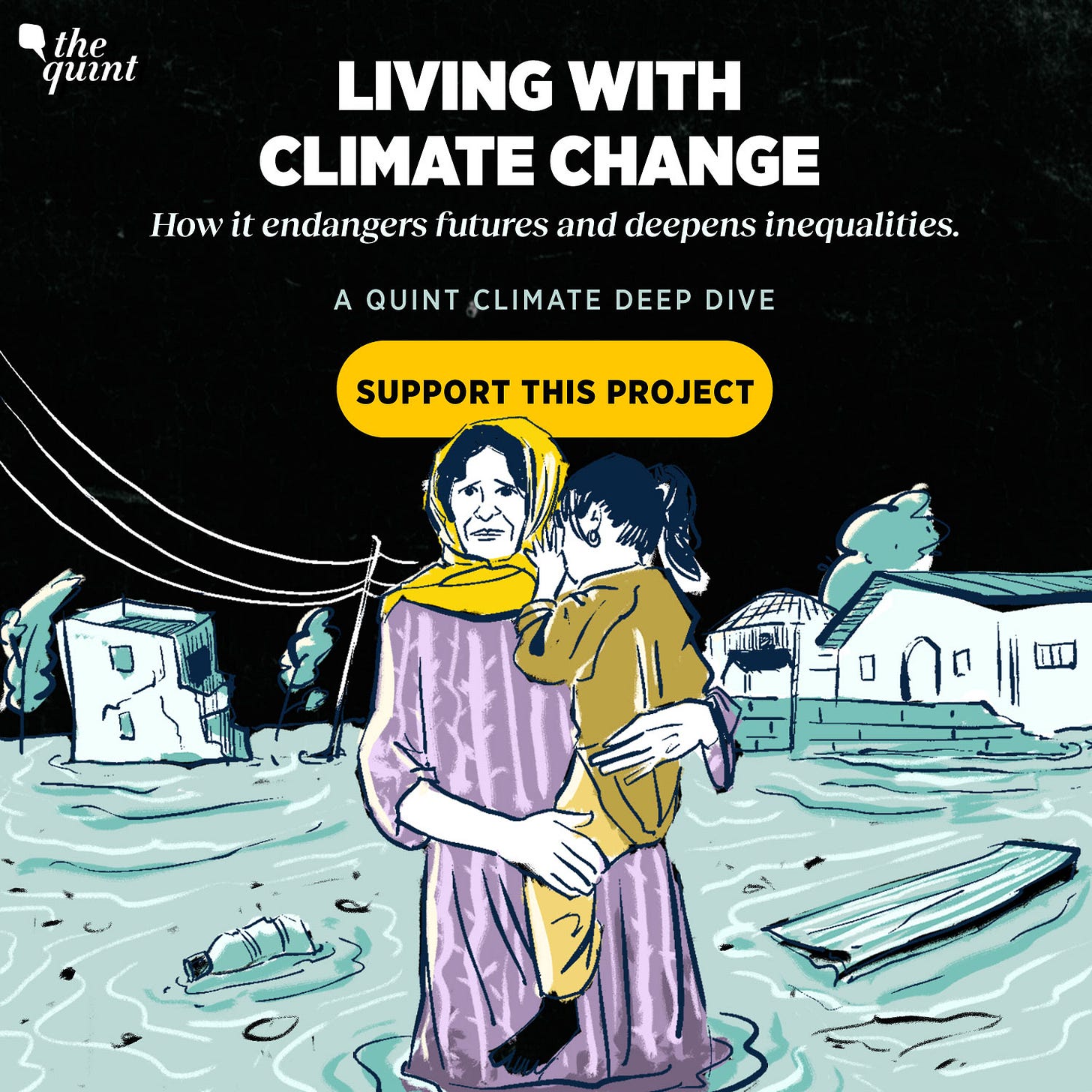Why a Few Hours of Heavy Rains in Delhi Became an ‘Extreme Weather Event’
The rain broke an 88-year-old record, becoming the second highest June rainfall ever recorded.
By: GARIMA SADHWANI
Our on-ground climate journalism needs your insights, ideas, and financial support — as we cover the biggest crisis of our times. Become a member HERE so we can bring more such stories to light.
On the intervening night of 27 and 28 June, the national capital of Delhi received 228.1 mm of rainfall – recorded until 8:30 am on Friday.
The rain broke an 88-year-old record, becoming the second-highest June rainfall ever recorded at the Safdarjung Observatory of the India Meteorological Department (IMD).
Though lasting only a few hours, the rain resulted in the loss of at least eight lives, including a cab driver who died outside the Indira Gandhi International Airport’s Terminal 1 after a roof collapsed, and three labourers who got trapped under a wall at a construction site in Vasant Vihar. Many others were reportedly injured.
The Delhi rain also led to economic losses for many as roads were waterlogged, trees were uprooted from the ground, and multiple personal and public properties were damaged.
While chatter about the need to build climate-resilient infrastructure to protect our cities from ‘extreme weather events’ took over social media on Friday, The Quint reached out to experts to understand how a spell of rainfall that only lasted a couple of hours became an ‘extreme weather event’. Read the full story.
SUPPORT US
Climate change goes far beyond changing weather patterns. It is, in fact, the single biggest threat to sustainable development worldwide. The repercussions affect human lives, livelihood, communities, economies, education, and health. Even more gravely, climate change is endangering our futures and deepening inequalities.
The Quint is committed to its climate change reportage, particularly through the perspectives of those on its frontlines, and for whom this horrifying reality is now a way of life. With this project, we aim to dive deep into the long-ranging consequences of changing climate patterns, while also seeking solid, scalable solutions for communities and people who bear its brunt.
Your support will help us fund remote, on-ground travel, enlist the best minds in the country to decode the crisis, and ensure that no voice gets left behind as we cover the biggest emergency of our times.
*Already a member of The Quint? What a star! Your support helps us do what we do better.
Want us to cover a story? Write to us at editor@thequint.com.
YOU play a big part in shaping our journalism and we want to hear your suggestions, new ideas, and more. Help us do what we do better, by answering a few Qs.


